Search
Search Results

Definition
Oribasius
Oribasius (c. 320-400/403 CE) was the physician and political advisor of the Roman emperor Julian the Apostate (r. 361-363 CE). A native of Pergamon, a rich and powerful Greek city in Mysia, he studied medicine and oratory and belonged to...
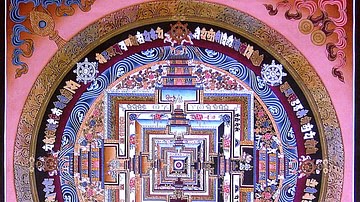
Definition
Mandala
A mandala (Sanskrit for “circle”) is an artistic representation of higher thought and deeper meaning given as a geometric symbol used in spiritual, emotional, or psychological work to focus one's attention. The image first appears in India...

Definition
Roman Science
The Romans assimilated earlier Greek science for their own purposes, evaluating and then accepting or rejecting that which was most useful, much as they did in other fields such as warfare, art, and theatre. This assimilation of Greek thought...

Definition
Hippocrates
Hippocrates was born on the Greek island of Kos in the 5th century BCE, and he became the most famous physician in antiquity. He established a medical school on the island, wrote many treatises on medical matters, and is, through his systematic...
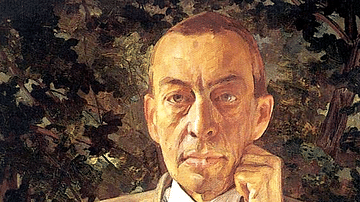
Definition
Sergei Rachmaninoff
Sergei Rachmaninoff (1873-1943) was a Russian pianist and composer best known for his piano concertos and symphonies. He overcame an early ravaging by critics and several years of depression to create works which are today amongst the most...
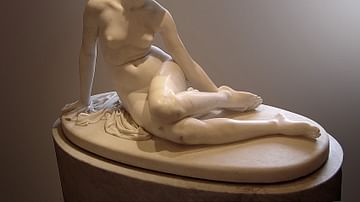
Definition
Oenone
Oenone was a nymph in Greek Mythology, the daughter of the river god Cebren and sister of the nymph Asterope/Hesperia. She was given the gift of prophecy by Rhea (mother of the gods) and the gift of healing by Apollo. Her name comes from...

Article
Origin of the Sweat Lodge
The sweat lodge is a temporary or permanent structure integral to Native American culture and frequently used in spiritual ceremonies. The lodge is often a low, dome-shaped, structure heated by hot rocks which produce steam as water is poured...
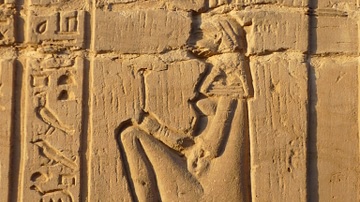
Article
Egyptian Medical Treatments
The ancient Egyptians experienced the same wide array of disease that people do in the present day, but unlike most people in the modern era, they attributed the experience to supernatural causes. The common cold, for example, was prevalent...
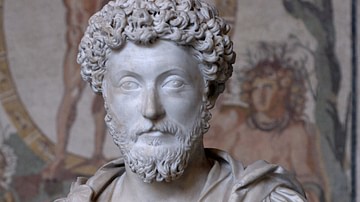
Article
Marcus Aurelius: Philosopher Emperor or Philosopher-King?
Co-authored by Steven Umbrello and Tina Forsee It is very common to hear in both academic circles, as well as more close-knit Stoic circles, Marcus Aurelius (121 – 180 CE) being referred to as the philosopher king. This is not an idea...

Article
The Triumphal Feast of Vitellius
The emperor Aulus Vitellius (r. 69 CE) had never wanted to be Rome's emperor. Aulus was from a family of court flatterers to the first Caesars, and when his friend Nero (r. 54-68 CE) was dead, and there were no more Caesars to succeed, he...